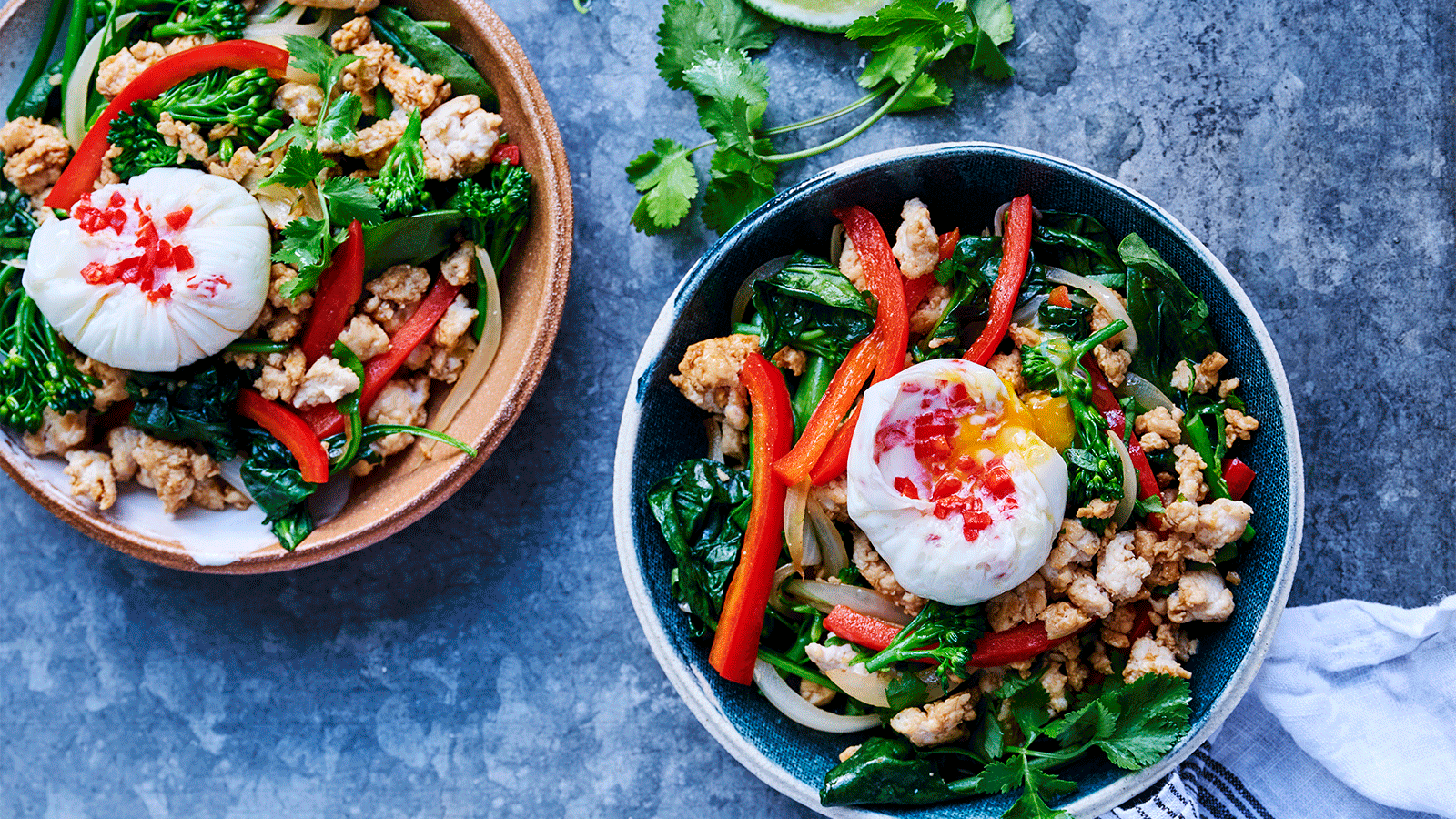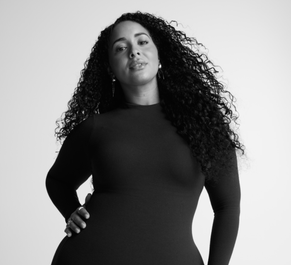Weight-loss resources
for every body
Get expert advice on weight management, nutrition, and more to make your weight-loss journey easier.
All about the
Weight Watchers® program
Weight Watchers® program
Trending now
Summer ice-block & ice-cream recipes
Read Article5 JAN 2022

15 self-care ideas to boost your routine
Read Article8 OCT 2020

Speedy midweek meals
Read Article22 JAN 2018

The truth about menopause and weight gain
Read Article13 SEPT 2021
The 15 best sources of protein
Read Article20 AUG 2025

8 breathing exercises to reduce stress
Read Article11 NOV 2020
Summer ice-block & ice-cream recipes
Read Article5 JAN 2022

15 self-care ideas to boost your routine
Read Article8 OCT 2020

Speedy midweek meals
Read Article22 JAN 2018

The truth about menopause and weight gain
Read Article13 SEPT 2021
The 15 best sources of protein
Read Article20 AUG 2025

8 breathing exercises to reduce stress
Read Article11 NOV 2020
Delicious ways to use your Points®

21 best egg recipes for every mealtime
Read Article22 SEPT 2020

21 best egg recipes for every mealtime
Read Article22 SEPT 2020

45 high protein recipes for every meal of the day
Read Article31 MAY 2023

7 speedy summer dinners
Read Article10 FEB 2022

Low Point recipes to get back on track
Read Article5 JAN 2022

30 chicken recipes for any day of the week
Read Article22 JAN 2018

21 overnight oats and bircher muesli recipes
Read Article23 SEPT 2020

10 super-filling foods to eat if you're always hungry
Read Article8 OCT 2020

21 best egg recipes for every mealtime
Read Article22 SEPT 2020

21 best egg recipes for every mealtime
Read Article22 SEPT 2020

45 high protein recipes for every meal of the day
Read Article31 MAY 2023

7 speedy summer dinners
Read Article10 FEB 2022

Low Point recipes to get back on track
Read Article5 JAN 2022

30 chicken recipes for any day of the week
Read Article22 JAN 2018

21 overnight oats and bircher muesli recipes
Read Article23 SEPT 2020

10 super-filling foods to eat if you're always hungry
Read Article8 OCT 2020
Personalise your
nutrition plan
nutrition plan

Why eating fat can actually be good for you
Read Article10 SEPT 2025

5 reasons fibre deserves a starring role in your diet
Read Article4 MAY 2022

The ultimate guide to carbohydrates
Read Article22 MARCH 2021

Why eating fat can actually be good for you
Read Article10 SEPT 2025

5 reasons fibre deserves a starring role in your diet
Read Article4 MAY 2022

The ultimate guide to carbohydrates
Read Article22 MARCH 2021
Get active

Are weighted vests legit?
Read Article25 NOV 2025

Your expert guide to target heart rate for weight loss
Read Article6 JULY 2022

Why weight training is so beneficial for you
Read Article23 AUG 2024

Are weighted vests legit?
Read Article25 NOV 2025

Your expert guide to target heart rate for weight loss
Read Article6 JULY 2022

Why weight training is so beneficial for you
Read Article23 AUG 2024
Improve your mindset
and get better sleep
and get better sleep

Why am I so tired? 8 reasons you might be tired
Read Article29 JUNE 2018

5 ways sleep affects your weight
Read Article26 APRIL 2021

How to take the stress out of weighing in
Read Article8 NOV 2021

Why am I so tired? 8 reasons you might be tired
Read Article29 JUNE 2018

5 ways sleep affects your weight
Read Article26 APRIL 2021

How to take the stress out of weighing in
Read Article8 NOV 2021
Stay healthy

How much water should you drink every day?
Read Article13 SEPT 2021

5 foods to help support a healthy immune system
Read Article11 MARCH 2020

What is metabolism? Everything you need to know
Read Article18 FEB 2021

How much water should you drink every day?
Read Article13 SEPT 2021

5 foods to help support a healthy immune system
Read Article11 MARCH 2020

What is metabolism? Everything you need to know
Read Article18 FEB 2021



